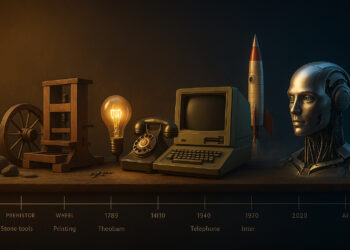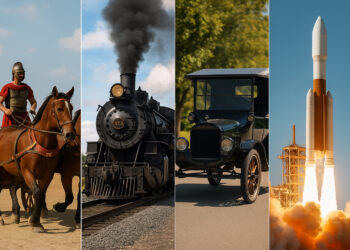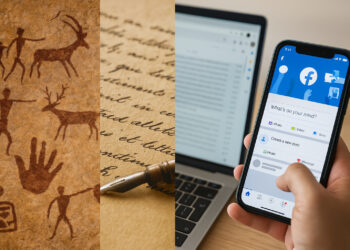Knowledge has always been humanity’s greatest treasure—and the way we share it defines our progress. From ancient scrolls written by hand to the instant access of digital screens, each era of communication has transformed how people learn, connect, and innovate. The journey of knowledge sharing is, in many ways, the story of civilization itself.
1. The Age of Scrolls and Oral Tradition
Before the written word, knowledge passed from one generation to another through oral storytelling. Myths, histories, and lessons were memorized and shared in gatherings, forming the roots of culture and education.
As civilizations advanced, early forms of writing emerged—cuneiform tablets in Mesopotamia and papyrus scrolls in Egypt. These were humanity’s first attempts to preserve knowledge beyond memory. Scribes became the gatekeepers of wisdom, recording laws, astronomy, and philosophy for future generations.
2. Manuscripts and Monasteries: Preserving Wisdom
With the fall of ancient empires, monasteries and scholars took on the role of preserving knowledge. Handwritten manuscripts on parchment became the primary medium of learning in medieval Europe, the Middle East, and Asia.
In places like Baghdad’s House of Wisdom and Timbuktu’s libraries, scholars translated and expanded on Greek, Persian, and Indian texts. These centers of learning laid the foundation for the global exchange of ideas.
3. The Printing Press: Revolutionizing Knowledge
The invention of the printing press by Johannes Gutenberg in the 15th century was a turning point in history. For the first time, books could be produced quickly and affordably, spreading knowledge beyond the elite.
This sparked the Renaissance, Reformation, and Scientific Revolution, as ideas flowed freely across borders. Literacy rates rose, and knowledge became a public resource rather than a privilege.
4. The Digital Revolution: Information Without Borders
Fast forward to the 20th and 21st centuries, and knowledge sharing has entered its most dynamic phase. The rise of computers, the internet, and mobile technology has made information instantaneous and global.
Digital platforms, online libraries, and social media have democratized learning—but also challenged us to distinguish truth from misinformation. Knowledge is no longer static; it evolves and multiplies in real time.
5. The Future: AI, Collaboration, and the Next Frontier
As artificial intelligence and machine learning advance, the way we create and share knowledge is transforming again. AI systems can now summarize, analyze, and translate information faster than ever. The future of knowledge sharing will likely combine human insight with digital intelligence, enabling collaboration across languages, cultures, and disciplines.
Conclusion
From fragile scrolls to glowing screens, the story of knowledge sharing is one of creativity and connection. Every technological leap—from ink to electricity—has brought humanity closer together. As we move into the digital future, our greatest challenge is not how to share information, but how to preserve wisdom in a world overflowing with data.












